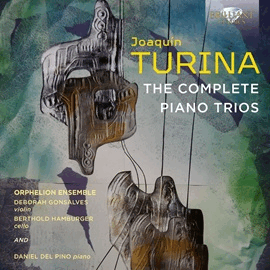The Fall 2013 issue of Dædalus, the Journal of the American Academy of Arts and Sciences, examines how music – in Hollywood films, in concert halls, in private homes and public spaces – both influenced and reflected American culture. In his introduction, American Academy Fellow Gerald Early notes that technology has made music ubiquitous, changing the way we interact with and perceive it. No longer constrained to live performances, music is now portable, editable, and easily obtainable. This shift, along with a growing focus on the concept of identity, has rendered music a powerful tool – socially, politically, and culturally.
Early describes the inextricable relationship between music and race: “an unavoidable topic when considering American popular music,” he argues. Early points toward Ronald Radano’s (University of Wisconsin-Madison) essay in the issue, which explores how the category of ‘black music’ was in fact created by whites to define blacks and prescribe what they should play.
Other essays consider music’s relationship to identity. Nadine Hubbs (University of Michigan) highlights a cadre of gay classical composers who helped develop ‘America’s sound’. ‘Patrick Burke examines how Sinatra-mania disrupted gender norms among bobby-soxers. And Daniel Geary (Trinity College Dublin) considers the alignment of class, criminality, and politics in the music of Johnny Cash.
The issue also includes excerpts from original works by drama critic and playwright Terry Teachout, composer Vernon Duke, and poet Weldon Kees, providing glimpses into the lives of some notable figures in twentieth-century music.
Print and Kindle copies of the new issue can be ordered at: https://www.amacad.org/publications/daedalus.

















